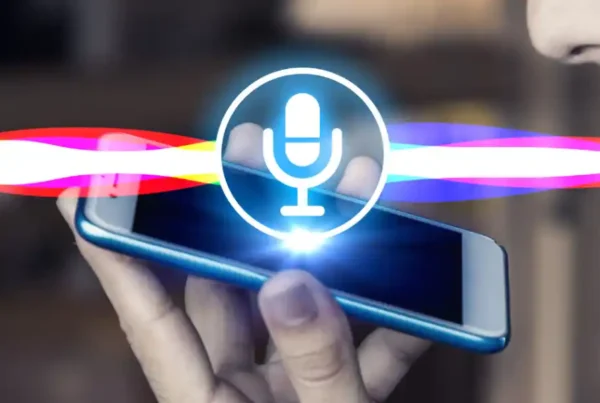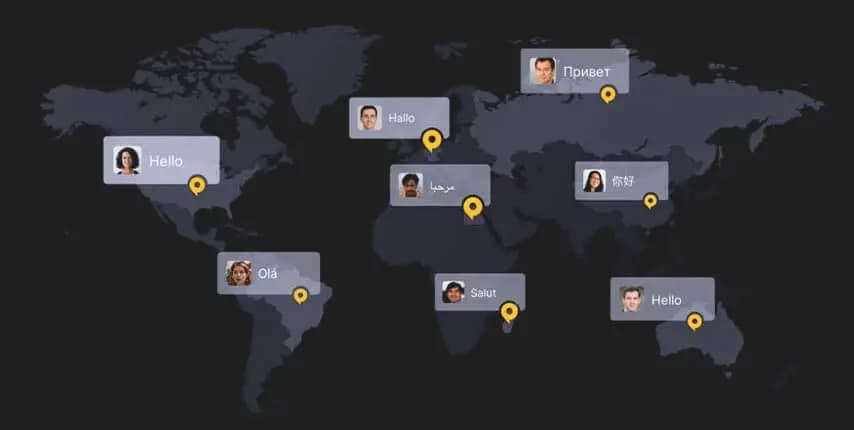What is Interpretation Services?
Professional verbal language mediation for conferences, meetings, presentations and conversations.
Overview
Interpretation is a service performed by a professional interpreter (or a team) who verbally renders speech from a source language into the listener’s native language. The interpreter’s role goes beyond literal word-for-word conversion — it includes conveying tone, intent and cultural nuance to ensure accurate, meaningful communication.
The role of an interpreter
An interpreter’s responsibility is not only to convert words but also to transfer emotions, tone, and cultural context. Different interpretation modes require different skills and equipment; the primary types are listed below.
Types of interpretation
- Simultaneous Interpreting
The interpreter listens, comprehends, interprets and speaks the target language at the same time as the speaker. Common in large conferences; teams of two or more interpreters usually rotate to avoid fatigue and reduce errors.
- Consecutive Interpreting
The speaker pauses every few sentences and the interpreter renders those statements into the target language. Common in smaller meetings; it is more time-consuming than simultaneous interpreting.
- Over-the-Phone Interpreting (OPI)
Can be simultaneous or consecutive and is conducted by phone. Interpreters can be available 24/7 since parties do not meet in person.
- Video Remote Interpreting (VRI)
Similar to OPI but includes video, allowing participants to see the interpreter’s facial expressions and gestures. Useful when visual cues or cultural context are important.
- Sign Language Interpreting
Ensures access for deaf and hard-of-hearing audiences. Can be one-to-one or for groups; requires clear sightlines and good audio for the hearing participants.
Equipment used by interpreters
Equipment varies by interpretation mode but commonly includes: headsets connected to the presenter’s microphone, interpreter microphones, transmitters, individual audience receivers and headsets (for simultaneous setups) and reliable internet/video platforms (for VRI).
Top 10 industries that need interpreting services
Interpretation services are widely used across both personal and corporate contexts. Below are the top industries that regularly require interpreters:
- Healthcare — Accurate communication between medical staff and patients can be a matter of life and death. Medical interpreters must know medical terminology and the local health system.
- Governmental services — Public agencies must communicate clearly with diverse populations to avoid wasted resources, service delays, legal problems or public safety issues.
- Humanitarian services / NGOs — Interpreters help manage emergencies, explain procedures and safeguard marginalized communities who speak different languages.
- Event production — Conferences, international meetings and large events often need multiple interpreting teams and modes to serve multilingual audiences.
- Entertainment — Interpreters make shows, talks and performances accessible to broader audiences, on-screen or on-site.
- Training & consulting — For companies expanding globally, interpreters help deliver training and consulting to multilingual employees and clients.
- Travel & tourism — Business travelers in particular benefit from interpreters when negotiating deals, visiting partners, or attending multilingual meetings.
- Legal / Courts — Court proceedings frequently require interpreters. Cases may be postponed when qualified interpreters are not available.
- Banking & financial services — Accurate communication builds trust and prevents costly misunderstandings in financial transactions and client consultations.
- Insurance — Precise interpretation is essential for claims, assessments, investigations, and legal procedures to avoid financial and legal risks.
Difference between translation and interpretation
These terms are often used interchangeably, but they are different services:
| Interpretation | Translation |
|---|---|
| Oral rendering of spoken language | Written rendering of text |
| Real-time; little time for revision | Can be edited and refined |
| Requires strong conversational fluency and quick recall | Requires writing skills and terminology research |
| Focus on tone, intention and immediate clarity | Focus on accuracy, style and terminology consistency |
Saudisoft provides people with the right words
Our native interpreters are qualified professionals with solid experience to smoothly run your multilingual conferences, events and meetings — on-site or remotely — using modern interpretation tools and equipment.









